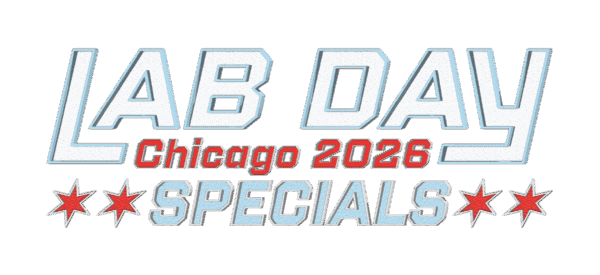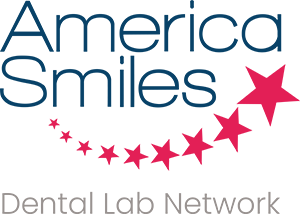The Challenge of Debt Collection Calls
Handling debt collection calls is an essential yet often challenging task for business owners. Unlike sales calls, which generate revenue, collection calls focus on recovering outstanding payments. Many business owners find this process uncomfortable, as they prefer to focus on growing their business rather than addressing overdue accounts.
Managing the Emotional Toll
These calls can be emotionally taxing, as enforcing payments is often an uncomfortable role. However, treating them with the same strategic mindset as sales calls can make the process more effective. Professionalism and efficiency are key to ensuring a positive outcome for both the customer and the business.
The Importance of Preparation
Maintaining accurate and updated customer information significantly improves the success rate of collection calls. Being well-prepared reduces frustration and increases the likelihood of resolving overdue payments efficiently.
Strategies for More Effective Debt Collection Calls
- Maintain and Update Records: Ensure that you have accurate contact details and account information for all customers. Regular updates can prevent delays and difficulties in reaching out.
- Schedule Calls: Allocate specific times for making collection calls. Consistency in scheduling helps maintain focus and effectiveness during these calls.
- Leave Discreet Messages: When leaving voicemail, avoid mentioning that the call concerns an outstanding bill. This helps maintain professionalism and avoids unnecessary embarrassment for the customer.
- Confirm Debt: During the call, engage the customer by confirming their awareness of the outstanding amount. Ask if they have any questions about the bill or charges, guiding them to acknowledge the debt.
- Offer Payment Options: If feasible, allow customers to pay via credit card over the phone. If they hesitate, consider offering to reduce or waive late fees as an incentive.
- Provide Alternative Payment Methods: If a credit card payment is not possible, offer other payment options, such as wire transfers. Suggest waiving some or all late fees for immediate payments.
- Establish Payment Timelines: If the customer cannot pay immediately, inquire about when they can make the payment. Document this commitment and follow up accordingly.
- Document Agreements: Inform the customer that you will document the payment arrangement and send a confirmation via email or letter. This ensures clarity and a formal record of the agreement.
- Send Confirmation: Follow up by sending a written confirmation of the payment terms agreed upon, including instructions for payment.
Securing Payment and Following Up
Effective collection calls require direct questions and a clear focus on securing a specific payment arrangement. Maintaining a professional approach throughout the conversation helps keep the discussion constructive and increases the likelihood of a successful resolution.
Expert Support for Debt Collection
For additional assistance with recovering overdue payments, Keith Crittenden is available to provide expert support and recovery services. Contact Keith by calling 708-746-5730 for professional guidance.
 Join us at LabDay -
Join us at LabDay - 

